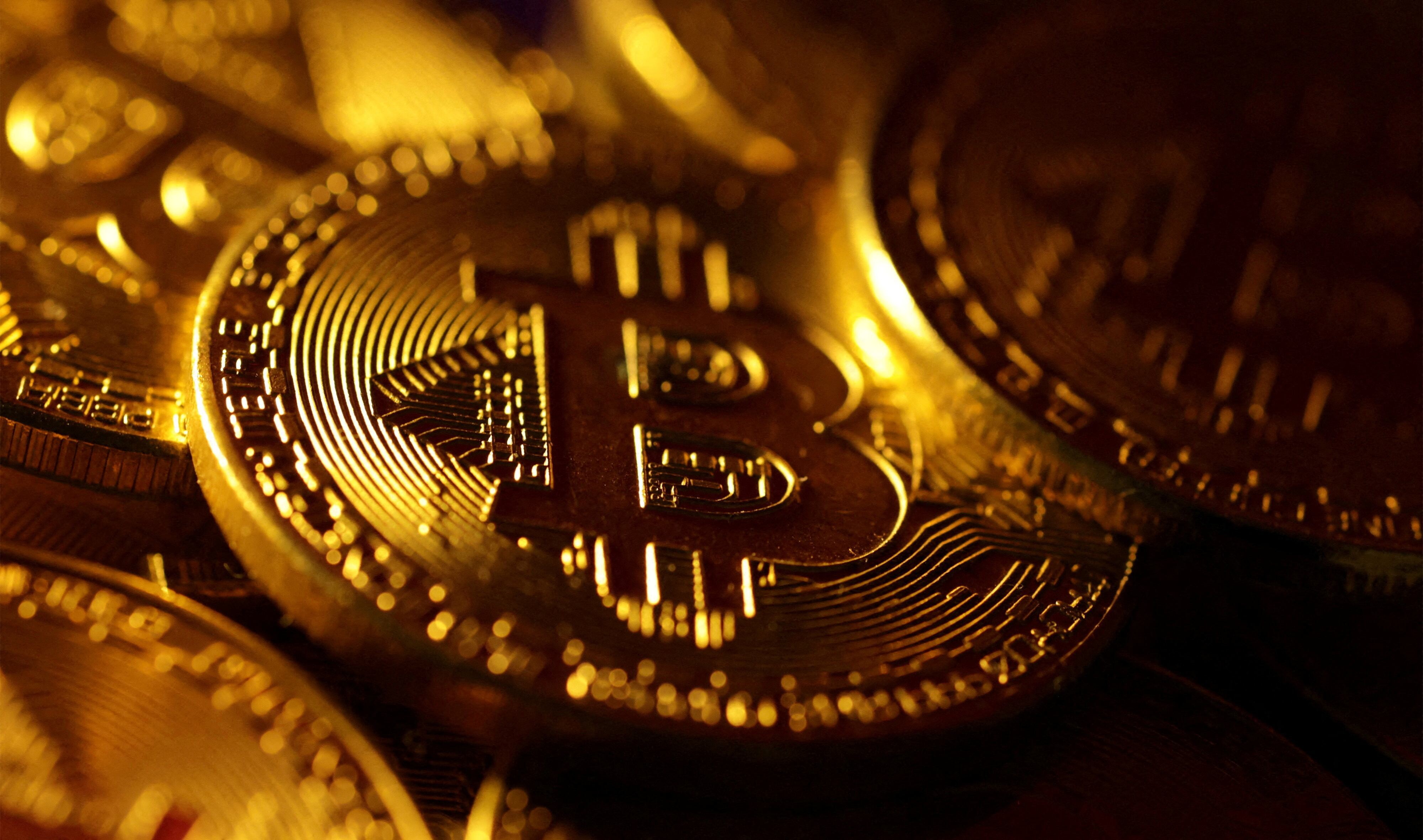
The Russian Supreme Court has reported an alarming increase in cryptocurrency-related criminal activities across the country, highlighting growing concerns about digital assets' role in illegal operations.
During a recent meeting attended by President Vladimir Putin, Supreme Court Chairperson Irina Podnosova revealed that cryptocurrencies are increasingly becoming central to various criminal schemes. These digital assets are being used as both tools for committing crimes and as means of storing illegal profits.
The surge in crypto crime coincides with mounting challenges in Russia's energy sector, where illegal crypto mining operations have caused extensive damage. Power company Rosseti Group reported over $14 million in damages to the national power grid in 2024, with the North Caucasus, Novosibirsk, and Volga regions bearing the brunt of the impact.
In response to these challenges, Russian authorities are taking action on multiple fronts. The Supreme Court is preparing legislation to classify cryptocurrency as property in criminal cases, while the government has implemented regional mining bans expected to remain in effect until 2031.
The country is also developing a national registry of mining equipment and considering stronger penalties, including criminal charges, for those who damage infrastructure through illegal mining activities.
However, Russia's stance on cryptocurrency remains complex. While cracking down on domestic crypto crime, blockchain analytics firm Chainalysis reports that Russia continues to use digital currencies to circumvent international sanctions. The emergence of new non-compliant exchanges has maintained the flow of illicit crypto activities, despite regulatory efforts to shut them down.
These developments underscore the ongoing challenges Russian authorities face in balancing the regulation of digital assets while addressing their role in both domestic crime and international finance.